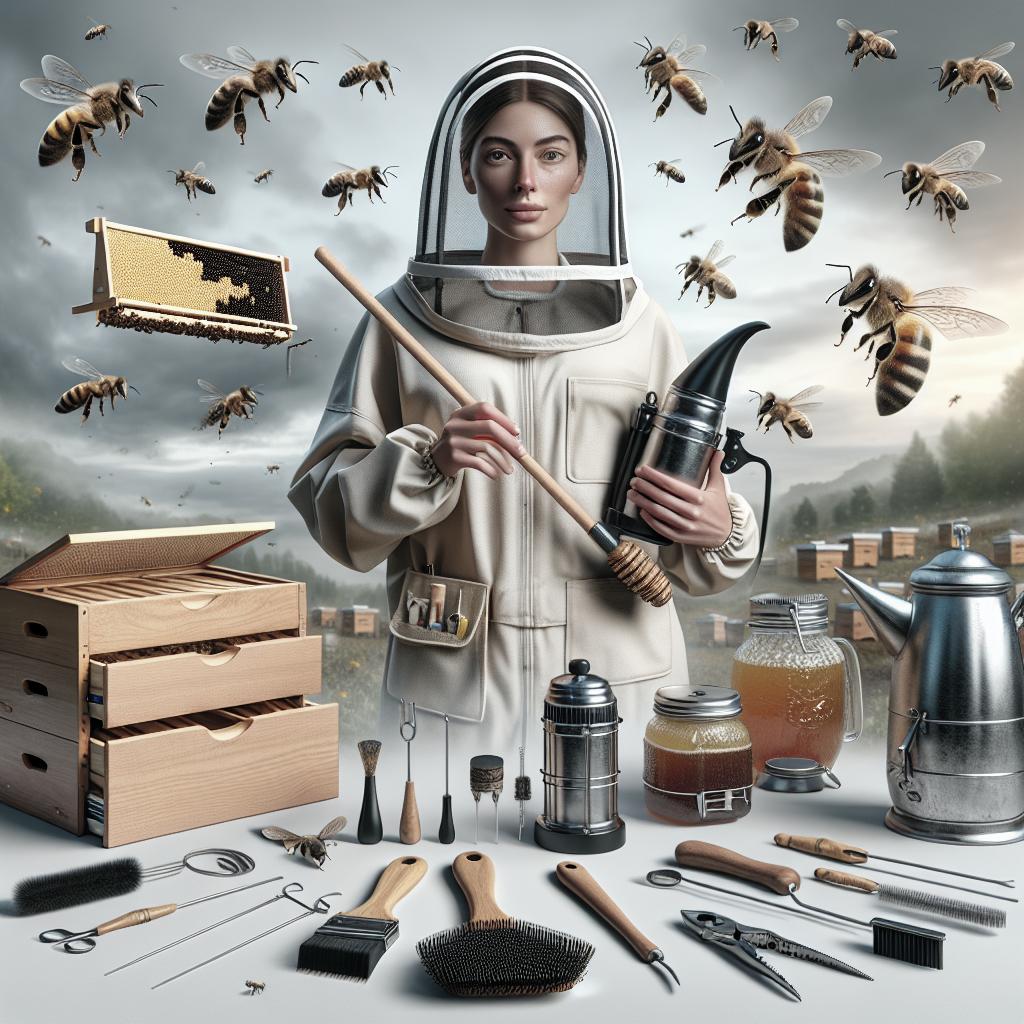Beekeeping Clubs
Bee Associations & Groups
If you believe that the swarm should be removed, DO NOT TRY THIS YOURSELF! This is a job for someone knowledgeable and experienced who can safely take them away and provide a suitable removable-frame hive in a rural location. In many states it is illegal to keep bees in anything other than a removable-frame hive, which allow a state inspector to inspect the colony for disease.
Please tell the contact person when you call, that you found them on the Bees-on-the-Net.com Beekeeping Clubs List.
If you are considering calling an exterminator please remember that bees are in crisis at the moment. In many cases a pest company will be more expensive than a beekeeper.
If you are able to remove swarms, click here to be added to the Beekeepers’ Swarm Removal List .
To leave the Beekeeping Clubs Page and return Home click here.
Main Menu






